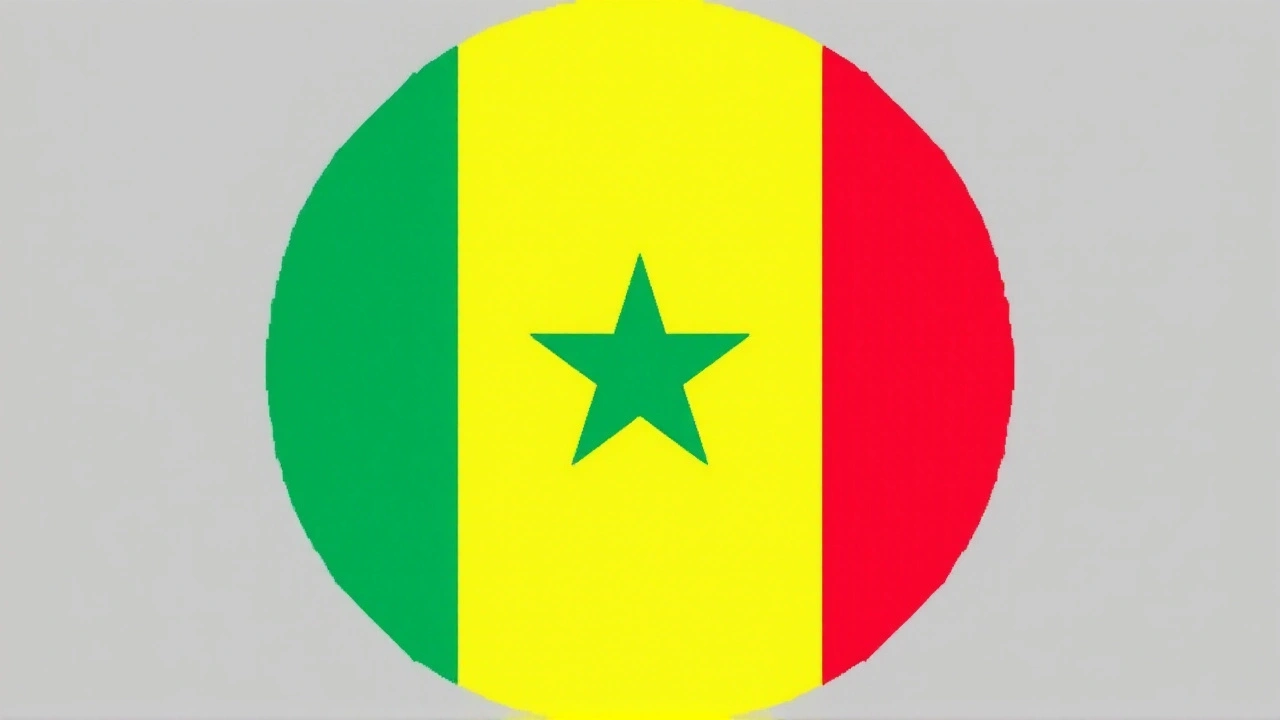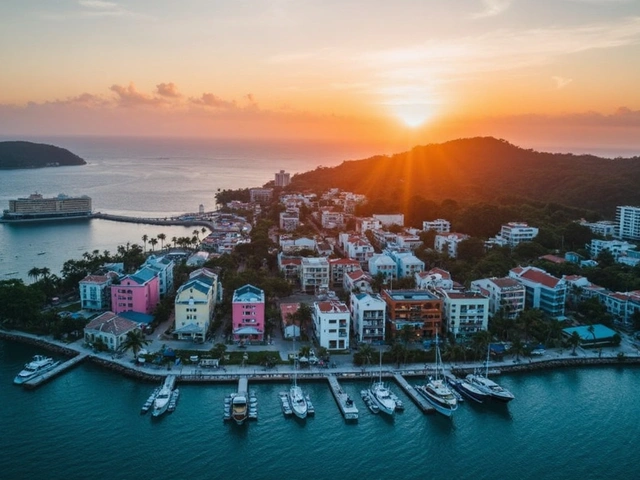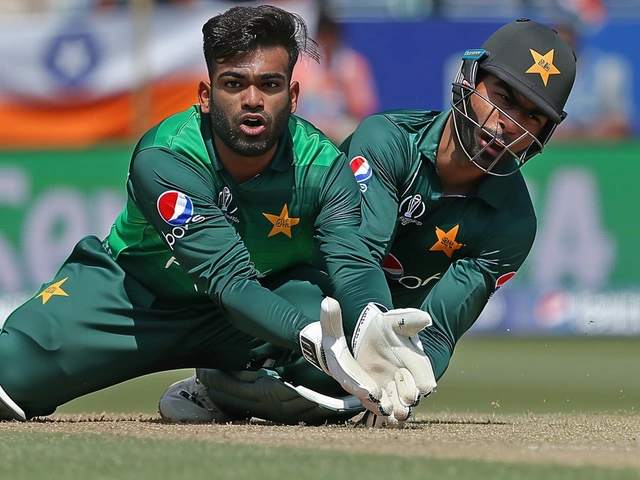South Sudan News and Analysis
When talking about South Sudan, a landlocked country in East‑Central Africa that became independent in 2011. Also known as Republic of South Sudan, it faces a unique mix of challenges and opportunities. The nation’s oil industry, the primary source of export revenue and a driver of the economy fuels most government spending, while extensive humanitarian aid, relief programs from UN agencies and NGOs that address food insecurity and displacement buffers the impact of conflict. The country’s political landscape, a fragile mix of coalition governments, peace agreements, and ongoing negotiations shapes everything from infrastructure to health services.
Key Areas Shaping the Nation
Understanding South Sudan means looking at four core pillars. First, the political landscape is defined by peace accords like the 2018 revitalized agreement and the 2020 transitional constitution, which aim to end years of civil war. Second, the economy still leans heavily on oil; production levels, pipeline security, and export contracts directly influence fiscal stability. Third, health challenges include malaria, cholera outbreaks, and maternal health gaps, all tackled by WHO and local ministries. Fourth, sports—especially football—unites the population, with the national team competing in CAF qualifiers and local leagues drawing big crowds. These pillars interact: political stability attracts investment, which funds health initiatives, while sports events often serve as platforms for peace messages.
Geography also matters. South Sudan borders Sudan, Ethiopia, Kenya, Uganda, and the Democratic Republic of Congo, making cross‑border trade and refugee flows a daily reality. The United Nations Mission in South Sudan (UNMISS) supports security, while regional bodies like the Intergovernmental Authority on Development (IGAD) mediate diplomatic talks. These external actors influence internal policies, especially regarding resource sharing and displacement management.
Recent developments keep the story fresh. In 2024, a new oil licensing round attracted foreign firms, promising higher royalties but also sparking debate over environmental safeguards. Meanwhile, a revised health strategy launched in early 2025 targets child nutrition, aiming to cut stunting rates by 15% within three years. On the sports front, South Sudan’s under‑23 football squad qualified for its first continental tournament, energizing youth across the country. Each event illustrates how the nation balances growth ambitions with the need for peace and humanitarian support.
Below you’ll find a curated collection of articles that break down these topics in detail. Whether you’re tracking oil‑sector contracts, following the latest UNMISS report, or cheering on the national team’s qualifiers, the posts give you concise, up‑to‑date information. Dive in to see how politics, economics, health, and sports intersect in the ever‑evolving story of South Sudan.
Senegal Thrashes South Sudan 5-0 in Juba, Boosts 2026 World Cup Hopes
By Sfiso Masuku On 10 Oct, 2025 Comments (18)

Senegal's 5-0 win over South Sudan in Juba bolsters their push for a 2026 World Cup spot, while the loss deepens South Sudan's qualification woes.
View More




